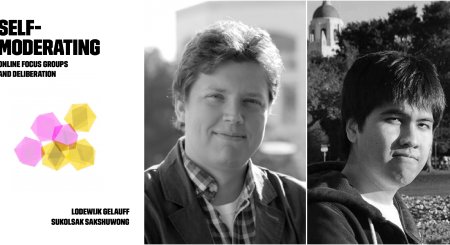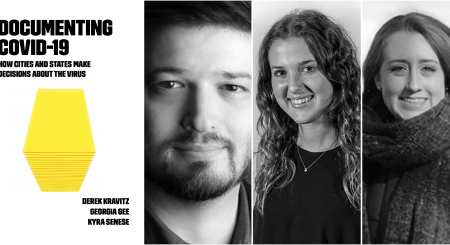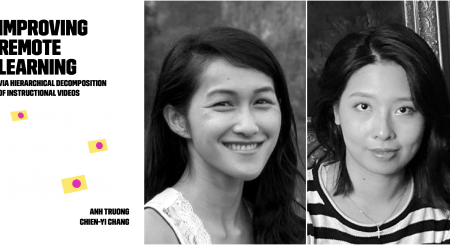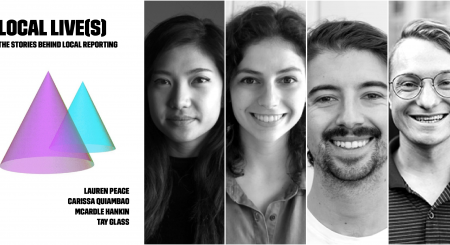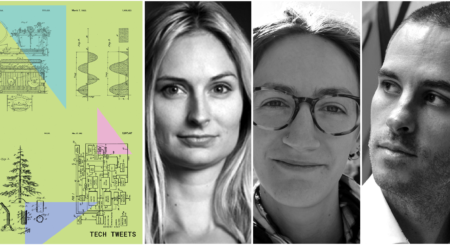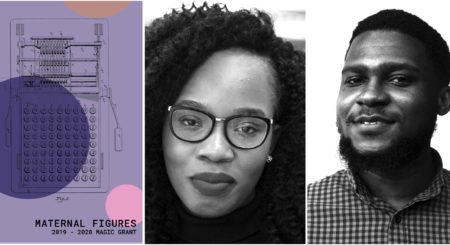Our 2020-21 Magic Grant Self-Moderating Online Focus Groups and Deliberation is building a tool for better online deliberation. Through an automated moderator that provides equitable, respectful, and constructive conversation the
Tagmg-profiles
2020-21 Magic Grant Profile: Documenting COVID-19
Our 2020-21 Magic Grant Documenting COVID-19 began as a 2019-2020 Magic Grant that shifted its focus to reporting on how local governments were responding to the Covid-19 pandemic. The team
2020-21 Magic Grant Profile: Wolf Pack
Our 2020-21 Magic Grant Wolf Pack examines for the first time how media coverage of criminal justice helped turn the United States into the most incarcerated country in the world.
2020-21 Magic Grant Profile: Leitmotif
Our 2020-21 Magic Grant Leitmotif: Location-Driven Audio Storytelling uses geolocation to deliver dynamic audio storytelling and connect users to stories of people, places, and things they walk by. The team
2020-21 Magic Grant Profile: Improving Remote Learning via Hierarchical Decomposition of Instructional Videos
Improving Remote Learning via Hierarchical Decomposition of Instructional Videos – one of our 2020-21 Magic Grants – aims to facilitate the creation of instructional videos with logical navigation. To do
2020-21 Magic Grant Profile: Local Live(s)
Our 2020-21 Magic Grant Local Live(s) organizes and hosts live events – virtually for now – with journalists telling the stories behind their reporting. Through these events, the bi-coastal team
2019-20 Magic Grant Profile: Tech Tweets
This post is part of a series of profiles of our current 2019-20 Magic Grants. It gives us an opportunity to brag about the great work being done by our
2019-20 Magic Grant Profile: Maternal Figures
This post is part of a series of profiles of our current 2019-20 Magic Grants. It gives us an opportunity to brag about the great work being done by our
2019-20 Magic Grant Profile: Stories as Programs
Among the projects funded as 2019-20 Magic Grants is a novel technology for teaching “computational thinking.” With their grant, Griffin Dietz and Elizabeth Murnane, computer scientists based in Stanford, are

